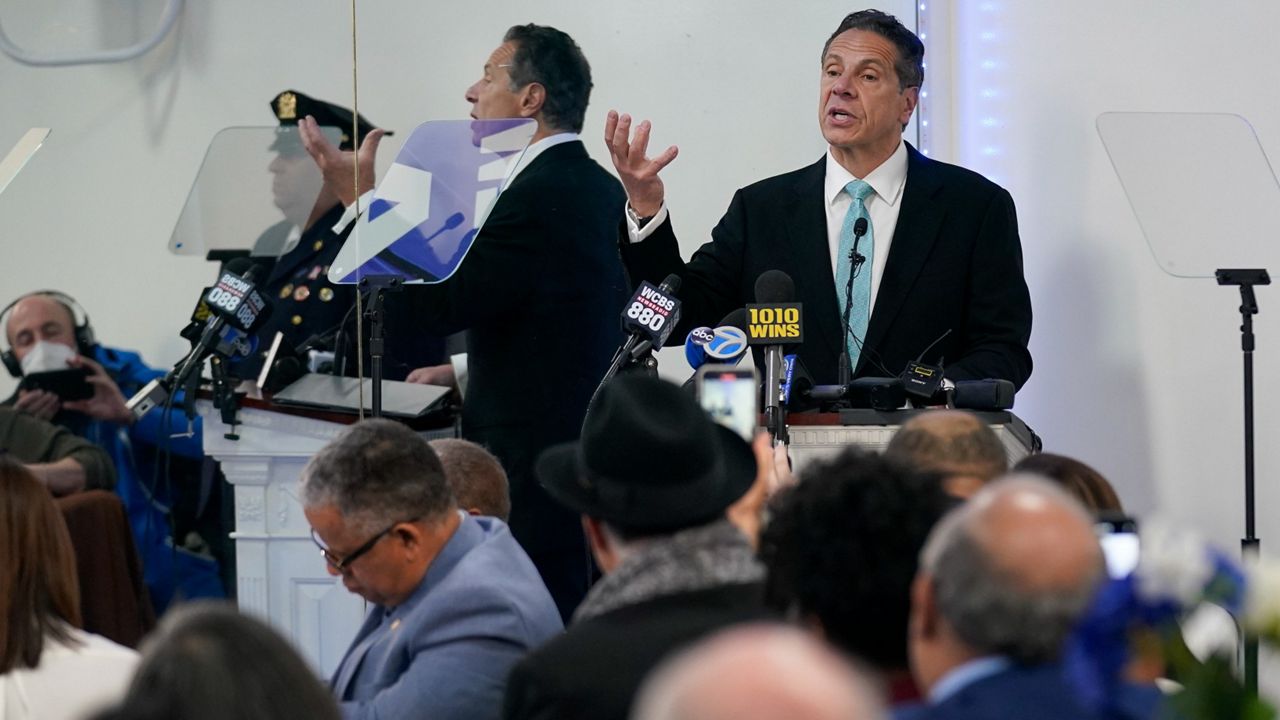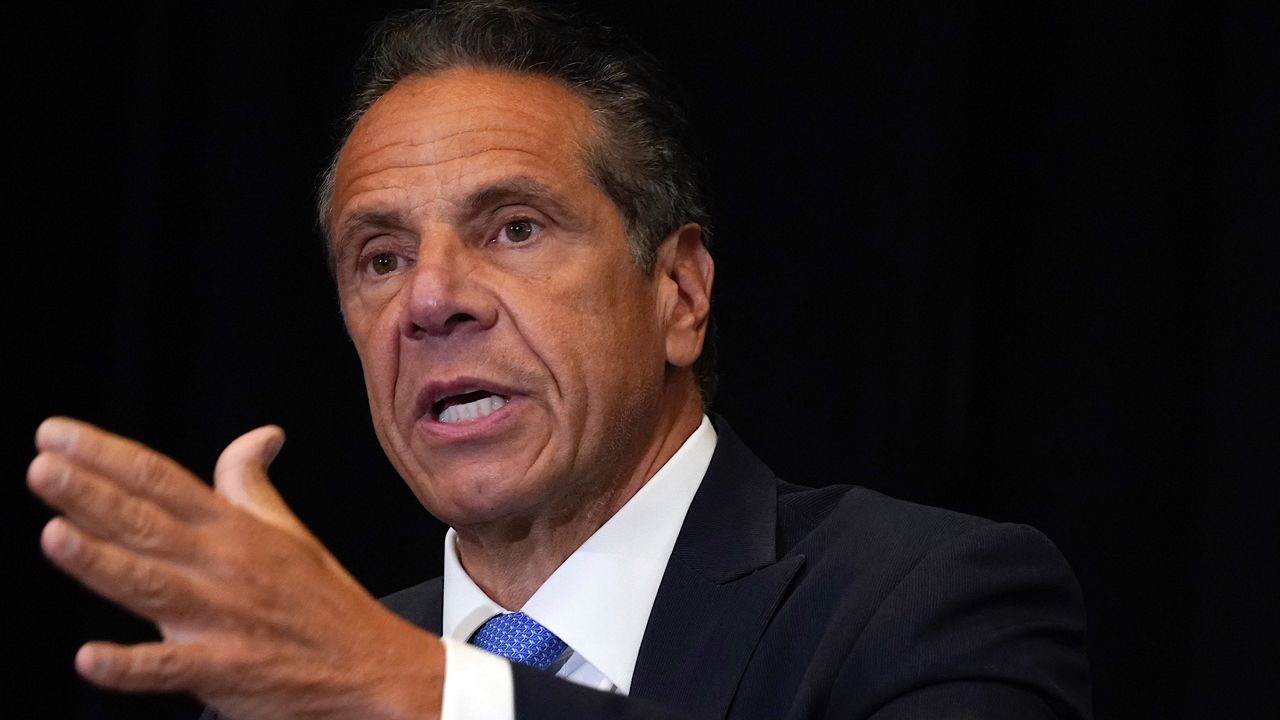More than 5,000 residents of nursing homes have died since the coronavirus pandemic wreaked havoc in New York. But holding some facilities accountable for what has happened may be difficult for family members.
In March, New York lawmakers approved a sweeping law giving Governor Cuomo expansive powers to handle the coronavirus pandemic. Tucked into it was a provision that barred nursing homes from liability during the pandemic. Richard Mollot is the executive director of the Long Term Care Community Coalition.
"Usually we have long-term care ombudsmen coming in, we have reduced state oversight as well," said Richard Mollot, the executive director of the Long Term Care Community Coalition. "So in the absence of accountability and monitoring, it becomes particularly important to have some way to hold nursing homes accountable."
But critics of lawsuits in New York, like Tom Stebbins of the Lawsuit Reform Alliance, say the liability exemption made sense as nursing homes were told to take in COVID-positive patients.
"If they're not grossly negligent and they're in compliance with all the federal and local guidelines, they shouldn't necessarily be liable," said Tom Stebbins, the executive director of the Lawsuit Reform Alliance. "And if one of those guidelines is you have to take on COVID-related patients it puts you in an impossible and unfair situation and you shouldn't be liable."
But Mollot disagrees, saying that is a relatively narrow exemption.
"There is an exception, but the exception is carved out in such a limited way that it makes it, in my view, almost impossible to utilize," Mollot said. "That removes any possible that a nursing home will be accountable even for abject neglect and substandard care."
Cuomo's nursing home policies have come under criticism in New York. On Sunday, the governor announced hospitals will no longer be allowed to discharge COVID-positive patients.
AARP's Bill Ferris called that a good first step, but more is needed, including an improvement between care facilities and families.
"Family members have to be able to communicate with their loved ones," Ferris said, "and I think that's the next recommendation we need to look at in the long-term care system is establish that communication."









